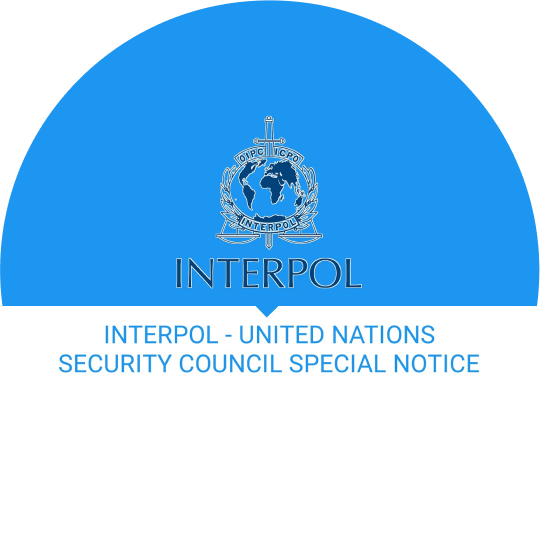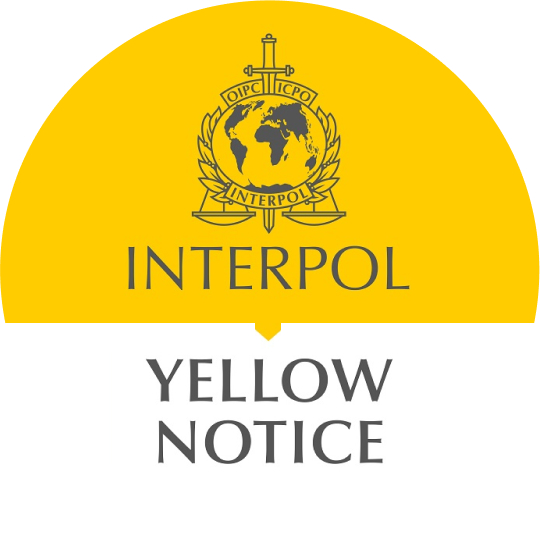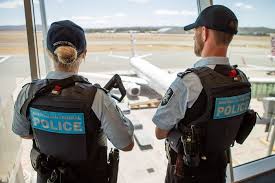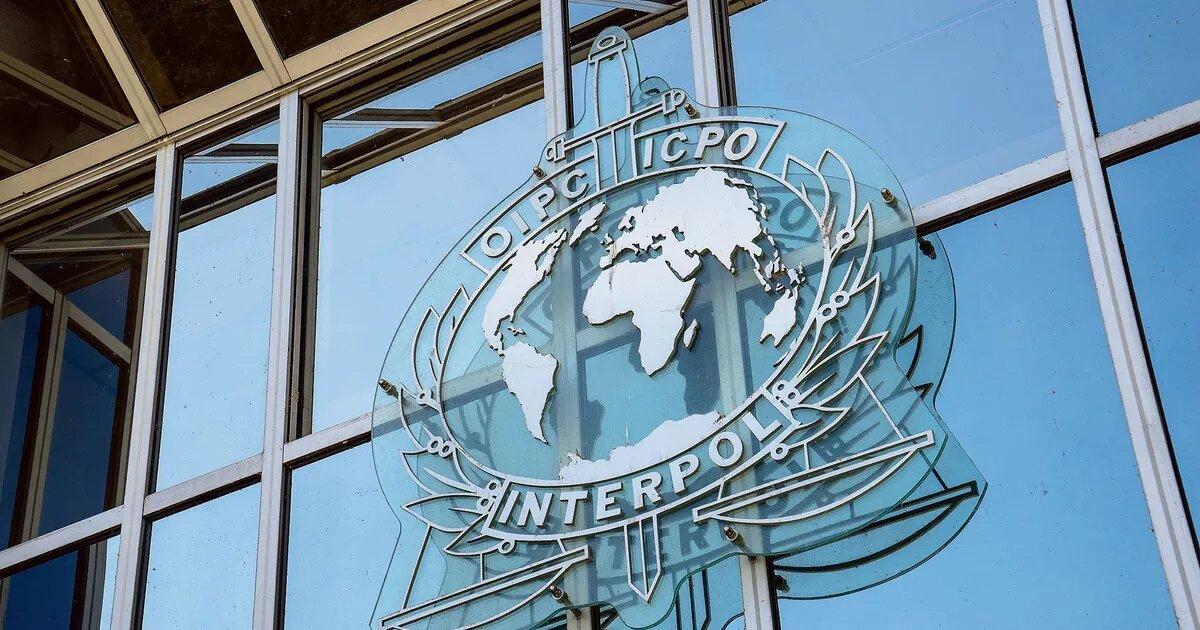I would like to analyze the features of Article 3 of the INTERPOL Constitution based on my own cases.
This analysis will be based on positive and negative cases in order to understand the Commission’s multifaceted approach to the application of the rule prohibiting the use of the Interpol system in politically motivated prosecutions.
Very often we are faced with a case, when the client is not a political or former politician, but the general context of the case demonstrates the political elements which predominate over the criminal basis of the case.
In one of our case the Commission pointed out the following conclusions:
“…the Applicant asserted that when he was detained in Indonesia on the basis of the Diffusion to arrest in view of extradition circulated by Russia, he was supported by the Ukrainian Embassy in Indonesia as well as the Ukrainian Foreign Minister who, on 28 November 2020, Tweeted that: “We returned Ukrainian citizen Mykhailo Orieshnikov from Indonesia, where Russia tried to seize him, using Interpol for their political persecution. We didn’t let them do it. The plane with Orieshnikov is already flying to Kyiv. Ukrainian passport = protection of the Ukrainian state”. [RESTRICTED. Although it did not receive confirmation from the NCB of Ukraine, the Commission verified through the Twitter platform that the Ukrainian Foreign Minister Dmytro Kuleba indeed sent the abovementioned Tweet from his verified Twitter account concerning the Applicant.
As a result, the Commission holds that maintaining the data challenged would have significant adverse implications for the neutrality of the Organization, in that there is a significant potential as a result of these factors of the Organization being perceived as facilitating politically motivated activities”.
Therefore, we conclude that any political statements made by political figures in the media can be interpreted as political factors that affect the validity of the data processed in the Interpol Information System.
In case when the applicant is a present politician, we must prove that the persecution connects the position or his political activity or political circumstances.
In this context, I recall one of my cases, when the Commission took into account the applicant’s status as a current politician and the general context of the case in the context of the war between Russia and Ukraine. Below is an excerpt from the CCF decision where the predominance of political elements was recognized:
“The applicant’s status as a representative of the legislative body of Ukraine, the conflict between Russian and Ukraine, and the support of Belarus to Russia are all “extremely relevant” factors. They also considered that as the Applicant is wanted for a crime which involves the assistant of the Belarusian President, there are “serious suspicions” that he will not have access to a fair trial and his personal right will not be respected if extradited to Belarus”.
Finally, I cite a third case as an example of the presence of political elements that do not rise to the level of Art. 3 of the INTERPOL Constitution.
“However, the general context of the case, although factually disputed, reveals that the Applicant was involved in the war in Donbas, in March 2014, opposing the Russian troops”.
“In view of the Applicant’s submissions, the Commission understands that the Applicant is currently fighting alongside the Ukrainian army, against Russian military forces, in the context of the ongoing conflict between Ukraine and Russia” … .”The Commission acknowledges the existence of a political context because of the Applicant’s participation in such activities”.
In any event, the Commission concludes as follows: “Accordingly, even assuming that there may be a political dimension to this case, the information available is not sufficient to establish that the political elements were predominant over the ordinary criminal law elements of the case and that the processing of the data concerning the Applicant is contrary to Articles 2 or 3 of the Constitution”.
In this case, the political context was not applied in a retrospective manner, because the essence of the charge was not directly related to the applicant’s subsequent activities.
As we can see, there are different approaches to the interpretation and application of Article 3 of the INTERPOL Constitution, depending on the specifics of the case, the underlying facts and external political factors.







































